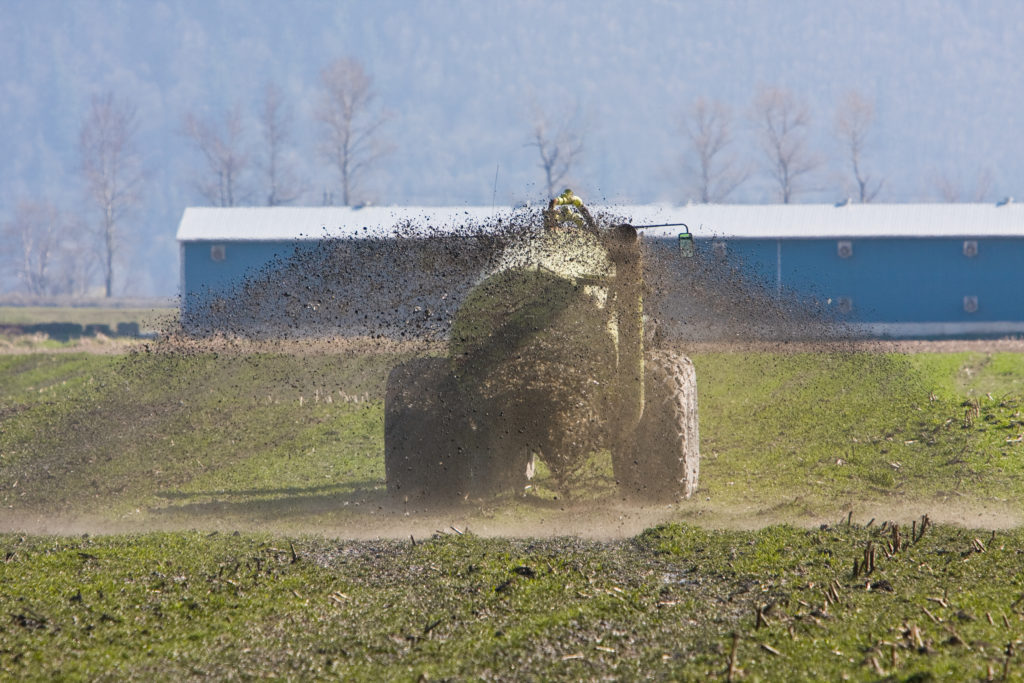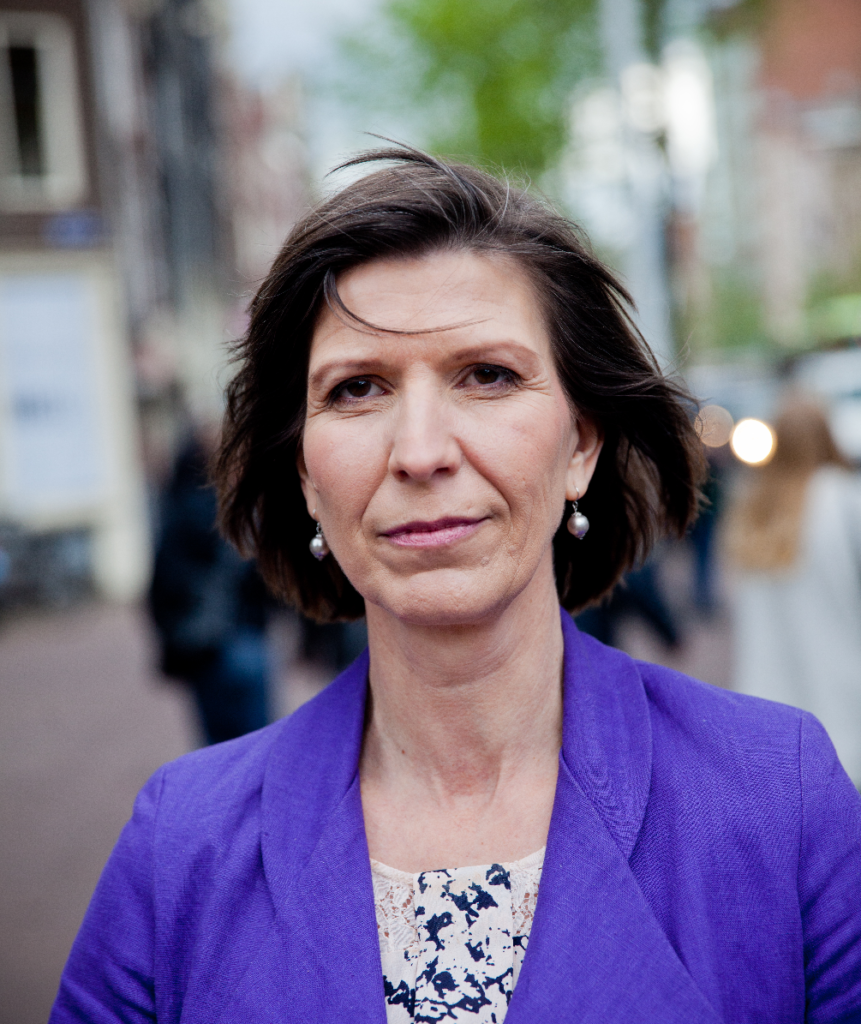EU agricultural subsidies: a threat to biodiversity
Unsustainable agricultural practices are the cause of pollution of soil, water and air and biodiversity loss, which is sustained by the EU Common Agricultural Policy (CAP). This was revealed in a recent study by Wageningen Environmental Research (Alterra), commissioned by the World Wide Fund for Nature (WWF). The bulk of the CAP funds of 1 billion euros each year is used mostly in those areas where pressure on nature and biodiversity as a result of agriculture is highest. WWF has therefore called for a radical reform of the CAP.

The European agricultural policy was developed after the Second World War in order to increase agricultural production for a sufficient and affordable food supply. This has resulted in extensive intensification and economies of scale with a major negative impact on the quality of Europe’s water, soil, air and biodiversity.
The EU spends 60 billion on agricultural subsidies each year. Dutch farmers receive a total of 750 billion euros in income support each year on the basis of historical rights. It is true that conditions with regard to nature, landscape and the environment are attached to receiving income support, but these have proven not to be effective. Earlier attempts to make the CAP more sustainable have largely been ineffective.
Radical change needed
The research report of Dutch institution Alterra highlights the relationship between payments from the CAP in the Netherlands on the one hand and the pressure on biodiversity on the other. CAP payments are especially high in regions with intensive farms that have a negative impact on the environment and biodiversity. In addition, the current CAP contains too few incentives to effectively protect nature and biodiversity. This underlines the necessity to radically change the CAP and halt biodiversity loss in the Netherlands and the rest of Europe. A reformed CAP is also in the interest of agriculture itself, as future-proof farming depends on services provided by nature such as healthy soils, sufficient clean water and pollinating insects.
Party for the Animals focuses on change at national and European level
In the Netherlands and in the European Parliament, the Party for the Animals has been arguing for years for more diversity in agriculture, closed loops and shorter chains between farmers and consumers. These are the building blocks for healthy and sustainable food. Organic, regional and land-based agriculture must become the norm.
The Party for the Animals wants the EU agricultural budget to be used to help farmers switch to organic farming. In time, the agricultural subsidies should be phased out. In addition, the government should actively support the promotion of organic plant products, to enable farmers to make a decent living without the help of subsidies.

Party for the Animals MEP Anja Hazekamp
Party for the Animals MEP Anja Hazekamp has strongly criticised the European agricultural policy at the last meeting of the European Commission’s Agriculture and Rural Development (AGRI): “Billions of animals are suffering and dying in the livestock industry, biodiversity and the environment are being damaged by the widespread use of toxins, acidification and eutrophication, and family farms have collapsed as a result of the economies of scale. The European agricultural policy is in need of a radical change of direction.”
(Part of this text was taken from the World Wide Fund for Nature)